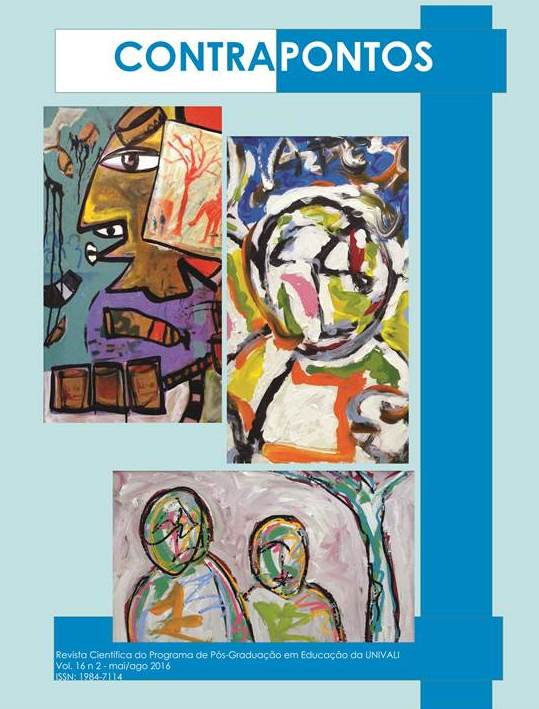
This work focuses on the history of the elaboration of environmental policy initiatives at the Methodist University of Piracicaba, which were initiated in the 1990s but have still not been implemented, despite interest on the part of the upper management. The objective is to contribute to other educational institutions that are also seeking to consolidate their social and environmental sustainability programs. The construction of an environmental policy in UNIMEP began in the 1990s, driven by the fact that it was one of the signatories to the Declaration of Talloires. The document drawn up in 1995, although it complied dimensions for the environmentalisation of the institution, was shelved, only to be resumed in 2011. Even with the urgency imposed by the worsening of environmental issues, the Environmental Policy remains the subject of discussion and questions in Academic circles, in relation to its presentation and intentions. The participation of the institution in the RISU Project, in 2014, clarified the results already predicted - a greater focus on the part of the university, in the environmental management of the campuses, to the detriment of the inclusion of environmental and environmental education issues in the curricula, and in research and extension projects and activities. This paper outlines the difficulties and questionings related to the approval of the Environmental Policy in the UNIMEP, in light of policies adopted in other educational institutions.





